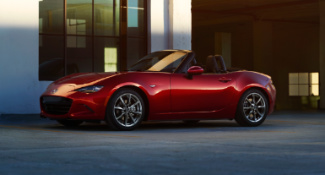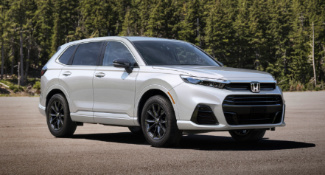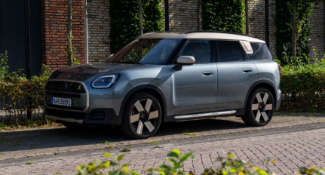These are the Most Reliable Car Brands for 2025
Buying a new car is exciting, but it can also be a tremendous stress. Vehicles are often the most significant purchase many people make, adding pressure to getting a good deal and ensuring you're buying the right vehicle. Beyond negotiating the right price, you want to ensure that the car you buy can stand the test of time and that you won't be nickel and dimed every time you take it in for an oil change or service. The good news is that modern vehicles are generally far more reliable than their predecessors, but you have to know where to look.
Every year, Consumer Reports polls its members to create a list of the most- and least-reliable vehicles. The publication looks at the types and frequencies of problems to make the list, and this year's study found a new top-ranking brand in Subaru. Here's an overview of the most reliable car brands for 2025.
Subaru
Toyota
Acura
Audi
Kia
Honorable Mentions
How To Get a More Reliable New Car
Subaru
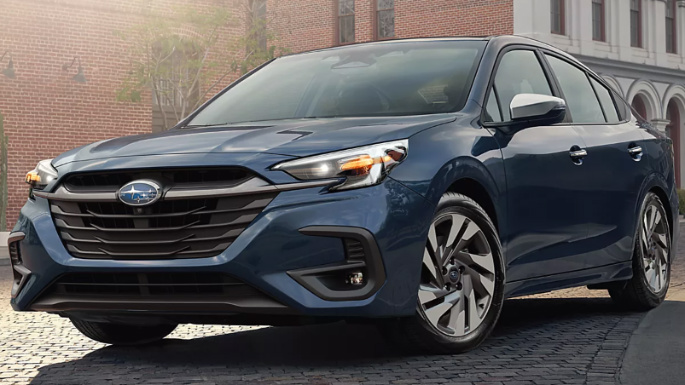
Subaru has long been a strong-ranking brand in the survey, but it topped this year's list with two vehicles offering well above-average reliability scores: The Forester and Impreza. Consumer Reports noted the brand's ability to cross-utilize parts and design elements across multiple cars as one of the reasons for its climb up the list.
"Subaru's cars share many reliable components," Steven Elek, CR's auto data analytics manager, said. "This commonality means that when Subaru redesigns a vehicle, it can make fewer incremental changes by carrying over dependable systems. This reduces the risk of new problems."
Toyota partially owns Subaru, and the pair's jointly-developed EV was the automaker's only to score below average. It shares most of its underlying engineering with the Toyota bZ4X and Lexus RZ, other reliable brands.
Lexus
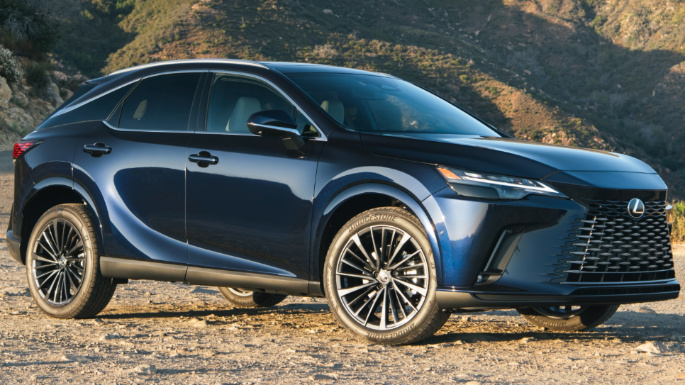
One of the biggest surprises from the latest Consumer Reports reliability rankings was that perennial frontrunner Lexus dropped out of the top spot, unseated by Subaru. Four Lexus models earned above-average scores, while three others landed at average. While it didn't fall far down the list, Lexus' move was likely related to its newer model introductions, which often come with a slight dip in reliability as companies work out the automotive bugs.
Toyota
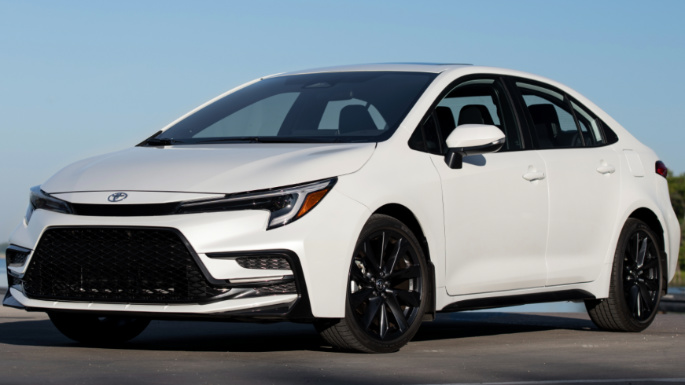
Toyota and Lexus are synonymous with dependability, so seeing the automaker land in the number-three spot is not surprising. The company has seen some hiccups with new cars in recent months, with the new Tundra experiencing engine issues, but many other models scored well, including the Corolla, Camry, and RAV4. The new Tacoma debuted last year, making it a wild card until it has more time under its belt. The automaker's reliability score is also slightly dragged down by the bZ4X.
Honda
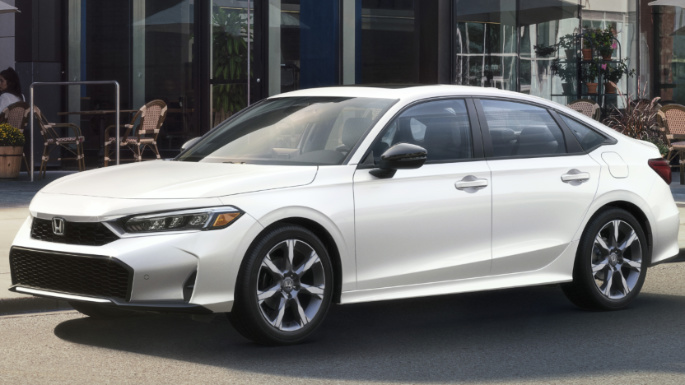
Honda earned the number-four spot on the list, slightly behind its Japanese counterparts but ahead of Mazda and Acura. Despite issuing updates to some models in recent years, Honda has cross-utilized powertrain and other components, helping improve its reliability scores. Consumer Reports did not list the Honda Prologue in the scoring, likely because it only arrived in Spring 2024.
Acura
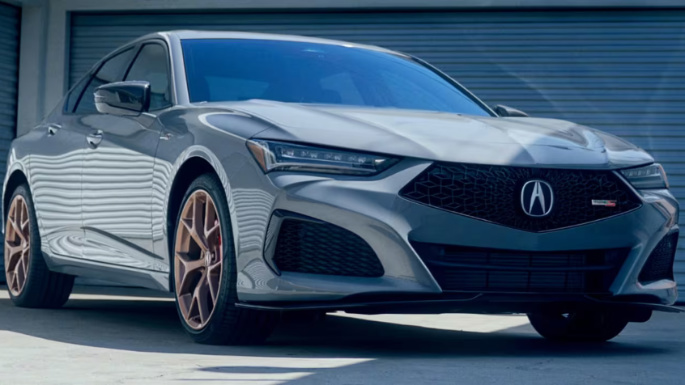
Despite sharing many underlying components, Acura slid behind parent company Honda in the overall reliability scoring. Consumer Reports scored only two Acura models, including the RDX and MDX. Also, like Honda, we don't have scores for the Acura ZDX related to the Honda Prologue.
Mazda
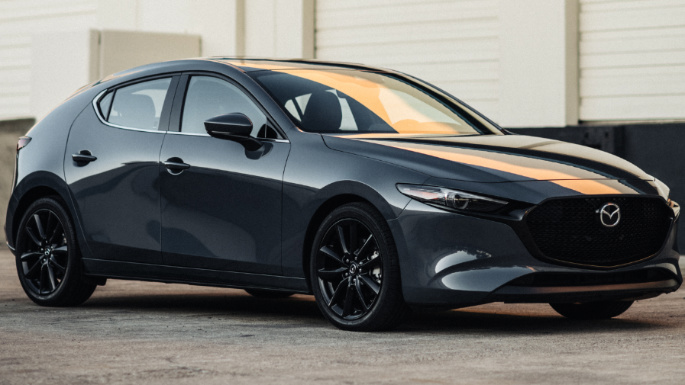
Mazda consistently ranks well for reliability, matching Acura's score on the list and beating Audi by one point overall. The automaker recently introduced new plug-in hybrid powertrain options in the CX-70 and CX-90, though only the latter model was part of the evaluation. Additionally, the Mazda CX-50 is relatively new, lowering its score.
Audi
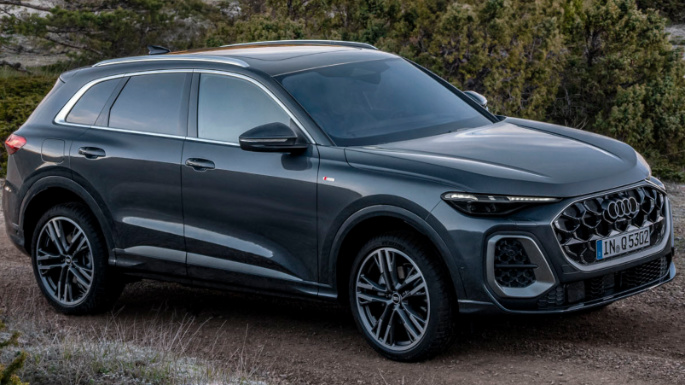
Audi's number-seven ranking is a sign that European autos are nowhere near as unreliable as they once were. The brand nearly tied Mazda and beat BMW by a point. However, Audi's reliability doesn't remain as strong over time, as it ranked 14th in CR's used car reliability rankings.
BMW
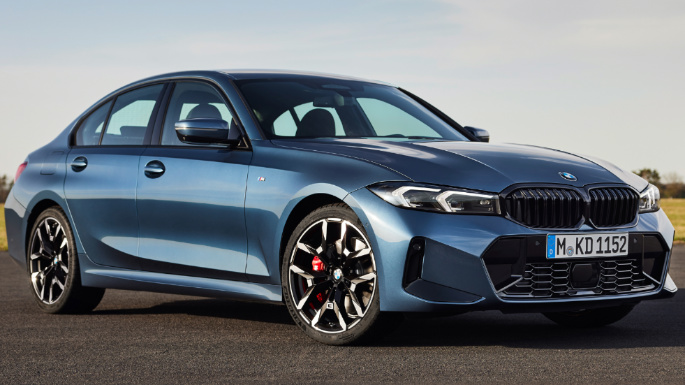
BMW has long performed well in CR testing, earning several impressive reliability scores and holding the number-eight position among new cars last year. It also performed well in luxury car brand rankings. Like Audi, BMW's reliability score falls on the used side, only climbing to 12th. It also ranks poorly for repair costs, coming in at 23rd place.
Kia
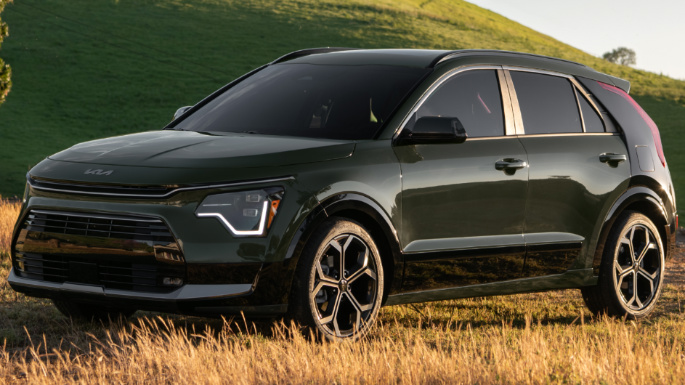
Kia and its sister company, Hyundai, round out the ten most reliable car brands, showing how far they've come from their early days on the market when they were viewed as bargain-basement brands with poor quality and cheap manufacturing. The Korean brand fell short of Audi's score by two points but beat its corporate cousin Hyundai by one point. Finally, while it scored well in the rankings, Kia offers a 10-year/100,000-mile warranty that far exceeds the coverage provided by most automakers.
Hyundai
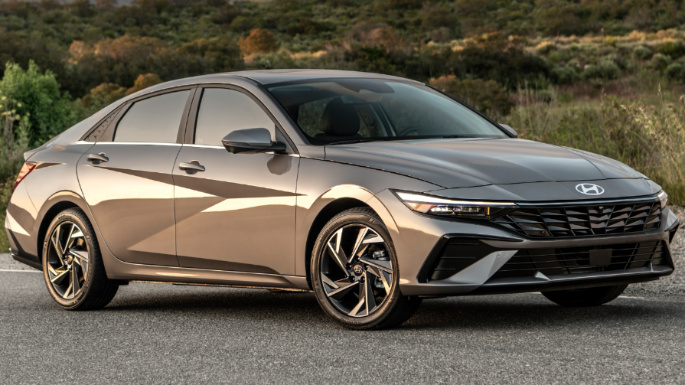
Like Kia, Hyundai has climbed the reliability rankings in recent years. The automaker's expansive lineup earned strong marks but also struggled with used reliability, where it fell to the 22nd spot. That said, all new Hyundais come with a 10-year/100,000-mile warranty, giving buyers peace of mind for the long haul.
Honorable Mentions
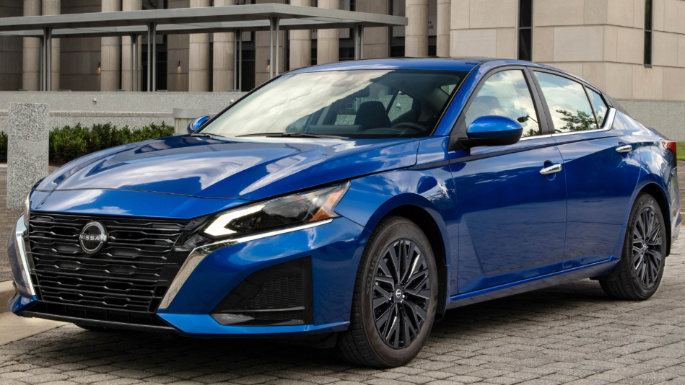
Beyond the top ten, Consumer Reports' rankings include several brands that have mixed public opinion about their reliability, including some American automakers.
Buick ranked 11th and tied with Nissan, followed by Ford in the 13th spot. Hyundai's luxury brand, Genesis, was 14th and beat Volvo by two points. Other brands in the top 22 include Chevrolet, Tesla, Volkswagen, Jeep, GMC, Cadillac, and Rivian.
Those brands ranked so well show that public perception isn't always aligned with reality when it comes to reliability. American brands are often considered far less reliable than their Japanese and Korean counterparts, and while that's certainly true in some cases, they are nowhere near as bad as some people make them out to be.
For example, Stellantis is frequently cited as one of the least reliable automakers. Some of its brands, which include Ram, Dodge, Chrysler, Jeep, Alfa Romeo, and others, may struggle with reliability, but Jeep scored well. Consumer Reports noted that it lacked sufficient data to rank other Stellantis brands. Mini, Mercedes-Benz, Land Rover, Porsche, Mitsubishi, Lincoln, and Jaguar also lacked data for reliability ratings.
That said, American auto brands are still ranked lower than their international rivals as a group. Buick was the highest-ranking US brand, but the publication cited Rivian as an example of an American automaker with well below-average reliability.
Bright spots included the Chevrolet Trailblazer, Ford Escape, and Ford Mustang, which scored above average. Several models scored average, including the Chevrolet Corvette, Tesla Model 3, GMC Sierra 2500, Chrysler Pacifica, Cadillac XT5, and more.
In terms of the types of vehicles that scored well, sedans remain the best, with an average reliability score of 60 out of a potential 100. SUVs averaged 49, and trucks were last with 36.
"As a class, sedans remain very reliable. Even as they get redesigned, they often have few of the latest features, which can cause problems when they are launched. These sedans remain a practical choice," Jake Fisher, senior director of auto testing, said.
That's an interesting data point when many buyers have gravitated away from sedans and smaller cars in favor of SUVs and trucks. Sedans are less expensive to buy and could be less costly to maintain over time, making them a better value choice for a significant portion of buyers.
Hybrids are the most reliable electrified vehicles, though electric cars and plug-in hybrids (PHEV) are improving.
"While they remain extremely fuel-efficient, today's hybrids also deliver reliability that is similar to conventional gas cars, despite their added complexity," Fisher said.
However, there are significant differences in reliability between hybrids. Models from Hyundai, Kia, Lexus, and Toyota scored well in other Consumer Reports reliability testing categories, such as the Kia Sorento Hybrid, the publication's more reliable three-row SUV.
The Ford F-150 Hybrid was the least reliable hybrid in the survey. Unfortunately for buyers, it scored worse than the also-unreliable gas-powered F-150. CR said the truck has issues with its hybrid battery and transmission. Another Ford, the Escape Hybrid, scored far worse than its gas-only counterpart, a recommended vehicle.
Other Factors Impacting Buyer Satisfaction with New Cars
Reliability is one of the most critical aspects of new cars. Still, buyers need to be aware of several other factors that could have an outsized impact on their long-term satisfaction with the vehicle purchase.
Infotainment technology has progressed rapidly in recent years. Still, it has also become a lightning rod for criticism as automakers cram as many screens and as much tech into new vehicles as possible.
Issues with technologies are high on the list of complaints, both with Consumer Reports and other rankings organizations, including J.D. Power. Buyers say the overwhelming number of features and complex infotainment interfaces are frustrating, and many say it changed their opinions of the brand overall.
While they relate to reliability, it's also important to consider recalls. The National Highway Traffic Safety Administration (NHTSA) records all recalls for vehicles in the US and lists them on its website. You can search by vehicle identification number (VIN) or the year, make, and model to find the number of recalls for each vehicle and an overview of each recall action.
All automakers experience recalls, but some see far more than others, and there are exceptions with every company. Ford was the most recalled automaker of the last couple of years, but the Mustang and Escape performed decently in reliability rankings and recommended by Consumer Reports.
It's a good idea to review some of the recall documentation for the vehicle you're interested in. Review the recalls to determine their severity and look at the automaker's response (how the issue was fixed, etc.). If you have time, dig into online forums for that model to read owner reactions to repairs and recalls. By reading the forums, you should also get a good feel for how well a brand's dealer service departments perform.
How To Get a More Reliable New Car
Consumer Reports recommends waiting a year or two before jumping on a new model. Many recently introduced vehicles landed at or near the bottom of the publication's rankings, and CR points to the improvements made by other low-scoring new models over time as a good reason to wait.
The Ford Bronco Sport and Genesis GV80 debuted with less-than-stellar reliability scores but now rank average and are recommended by the publication. Similarly, the Ford Explorer was recently one of the worst vehicles in the study but is now recommended for the first time since its introduction in 2020.
You may miss out on having the latest and greatest vehicle, but remember that automakers make model-year updates pretty consistently, so you won't have the newest model on the block. However, you will be buying a vehicle with fewer problems and more features. Waiting also gives you time to absorb owner reviews, which can tell you how well a car performed over time.
How Consumer Reports Measures Reliability
Consumer Reports rankings have the advantage of being based on polling of the company's members. This year's study included more than 300,000 vehicles from between 2000 and 2024, though a few 2025 models had been on sale long enough to be included.
The publication studies 20 trouble areas, including minor repairs like broken interior trim and squeaky brakes to big-ticket fixes like out-of-warranty engine replacements, EV batteries, and transmission issues. Each problem is ranked on a scale of one to 100 and is used to calculate the overall reliability rankings.
Despite being around for many years, Consumer Reports is still learning and improving its electrified vehicle testing parameters.
While internal combustion engine vehicles have 17 potential trouble areas, EVs have up to 12, with engine and transmission problems replaced by battery issues and difficulties charging. Hybrids combine problems from both, with 19 potential trouble areas, 17 from their gas engines and others coming from the batteries and electric motors. PHEVs experience all 20 potential trouble areas thanks to their gas engine, electric motors, and plug-in charging systems.
